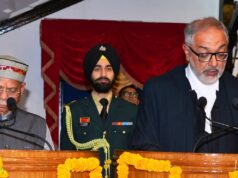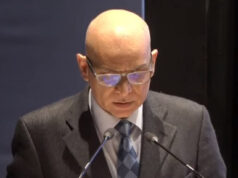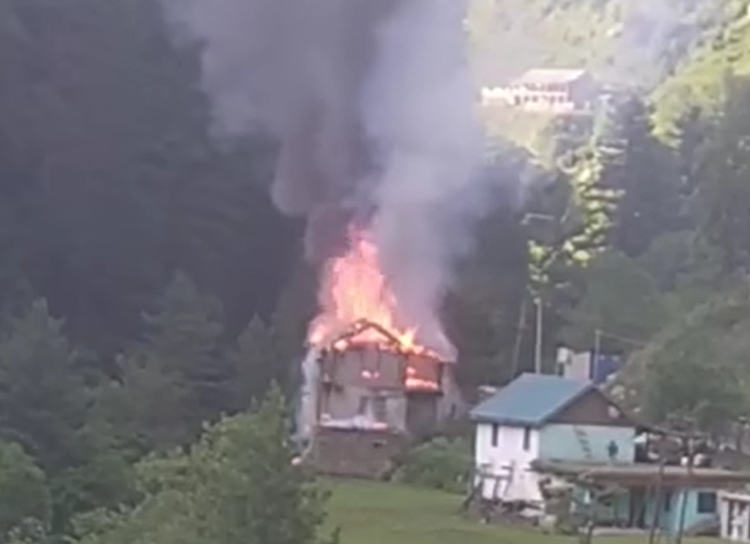Shimla: The Himachal Pradesh High Court has declared the Forest Department’s decision to conduct interviews for Van Mitras as illegal, directing the government to adhere strictly to its 2017 policy that abolished interviews to recruit third and fourth-class employees. This ruling effectively clears the way for recruiting 2061 Van Mitras under the Forest Department.
The judgment, delivered by Judge Bipin Chandra Negi, found that the state government had decided to introduce a 10-mark interview component in the recruitment process without consulting experts or adequately considering the implications. The court noted that this decision violated the state’s policy decision from April 17, 2017, which specifically eliminated interviews for similar positions, deeming the government’s action as discriminatory.
“The government’s decision to conduct interviews only for these recruitments is discriminatory,” the court emphasized, pointing out the lack of a sound basis for singling out Van Mitra positions for interviews. The judgment further criticized the government for not utilizing its discretion effectively and for potentially enabling favoritism in the recruitment process.
The case was brought to the court by applicant Diksha Panwar, who challenged the Forest Department’s intent to hold interviews despite the 2017 policy that prohibits such practices for third and fourth-class posts. Panwar argued that the department’s move was in direct contradiction to the policy and was designed to unfairly benefit favored candidates.
In response, the Forest Department contended that the Van Mitra role is not a regular post and does not share the same service conditions as other government employees, thus justifying the need for interviews. However, the High Court rejected this argument, deeming it insufficient to override the established policy.
With the court’s ruling, the recruitment of Van Mitras will now proceed without the interview process, aligning with the state’s commitment to maintaining transparency and fairness in hiring practices. This decision is expected to expedite the recruitment process and ensure that it is conducted in a manner consistent with state policies.











